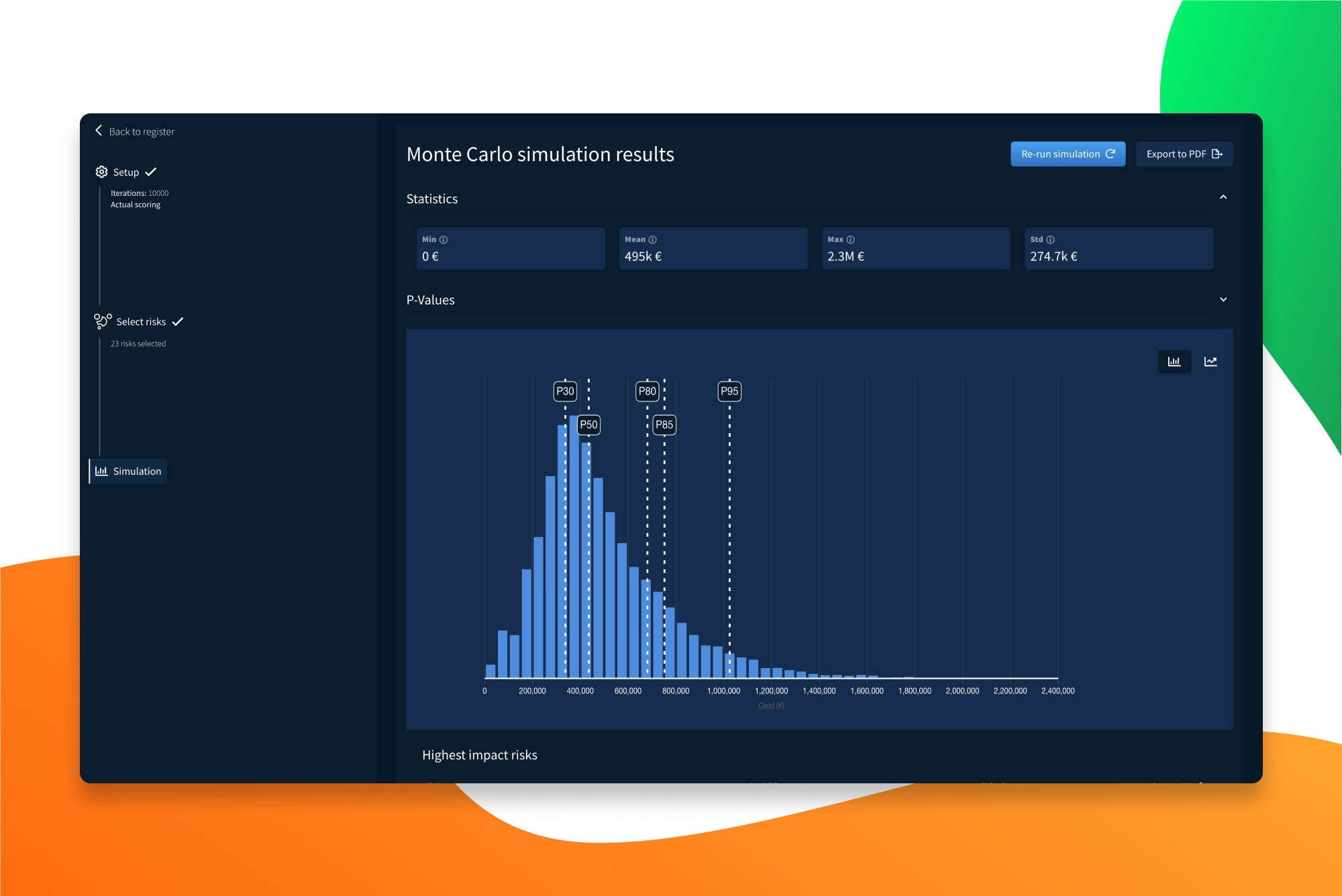The International Standards for Risk Management
International standards, such as those set by the International Organization for Standardization (ISO), are crucial for your company’s basics in risk management. In this blog post, we will examine the significance of international standards for risk management and explore why they are such a great necessity for your company.
What are International Standards?
In an ever-evolving landscape, your business could face an array of uncertainties that can impact your operations, financial stability, and your overall success. Risk management is the foundation for mitigating these uncertainties, and international standards play a critical role in shaping your company’s risk management practices. International standards, such as those set by the International Organization for Standardization (ISO), are crucial for your company’s basics in risk management.
International standards provide companies with a universal framework which goes beyond geographical boundaries, by fostering consistency and coherence in risk management practices. International standards are designed to evolve alongside the changing risk landscape. By following these standards, organizations can ensure that their risk management processes remain relevant and effective in the face of emerging threats and technological advancements.
ISO 31000
One of the most well-known regulations is ISO 31000, which is the international standard that provides principles and guidelines for effective risk management. It serves as a common language, ensuring organizations worldwide follow a consistent approach. At RiskChallenger all our risk management advisors are ISO 31000 certified, making them capable and knowledgeable in today’s risk management methods and rules. By complying with ISO 31000, businesses can communicate effectively about their risk strategies, advancing comparability across industries and regions. For a more detailed insight into the ISO 31000, take a look into the article: ISO 31000: The international standard for risk management.
ISO 31010
Another important international standard is the ISO 31010, which provides a toolkit of risk assessment techniques that organizations can tailor to their specific needs. An interesting fact about ISO 31010 is that it doesn't prescribe a specific risk assessment method, but instead it provides a comprehensive catalogue of over 30 different risk assessment methods. This gives companies the opportunity to choose! RiskChallenger can help your company pick and implement several techniques from this catalogue, such as brainstorming and causal mapping. The choice and application from the ISO 31010 techniques allows for businesses to conduct more precise risk assessments fitting to their purpose and structure, as well as aligning them with the evolving risk landscape.
ISO 19600
International standards are usually affiliated with regulatory requirements across different jurisdictions.
By adopting ISO’s, organizations streamline their compliance efforts, reducing the risk of legal and financial consequences associated with non-compliance. This harmonization of standards with regulations allows for organizations to meet their legal obligations while fortifying their risk management processes. For organizations seeking to align risk management with regulatory compliance, ISO 19600 is instrumental. This standard provides a framework for establishing, implementing, maintaining, and continually improving a compliance management system. ISO 19600 incorporates a risk-based approach to compliance management, and its application accelerates the integration of regulatory requirements into the risk management processes for your company.
ISO 22301
The global business environment is dynamic, with new risks emerging regularly. International standards are designed to evolve in tandem with the changing risk landscape. Complying with these standards, allows your company’s risk management processes to remain relevant and effective in the face of emerging threats, technological advancements, and shifts in regulatory landscapes. In the face of unforeseen disruptions, ISO 22301 outlines requirements for establishing and maintaining a business continuity management system. This standard ensures that organizations can identify potential threats and implement measures to safeguard critical operations, thus enhancing adaptability to change.
ISO/IEC 27001
In an era where digital threats are ever-present, ISO/IEC 27001 outlines requirements for establishing, implementing, maintaining, and improving an information security management system. By integrating information security into broader risk management frameworks, organizations enhance their governance structures and accountability. An interesting fact about ISO/IEC 27001 is that it follows the PDCA (Plan-Do-Check-Act) cycle, a fundamental concept in quality management and continuous improvement. The PDCA cycle reflects the dynamic and evolving nature of information security, reinforcing the idea that effective security measures are not a one-time implementation but an ongoing process for a company.
Final Thoughts
There are a few final comments about international standards and their application as described above. Although the robust substance of regulations may seem overwhelming at first, in essence they were created to actually make things easier and safer for companies at a global scale. Although complying with most of these standards is required in most companies due to the regulations’ accommodating nature, for some it may be unclear at first which standard to implement. Usually, the implementation and enforcement of standards in a company takes plenty of communication and time, for which RiskChallenger can serve as an efficient and effective tool. Reach out to us, so we can share with you and your colleagues how we can help your company implement these standards in a personalised obligation-free demo!
Do you have any questions about this article?
Feel free to contact us via live chat or via
support@riskchallenger.nl








